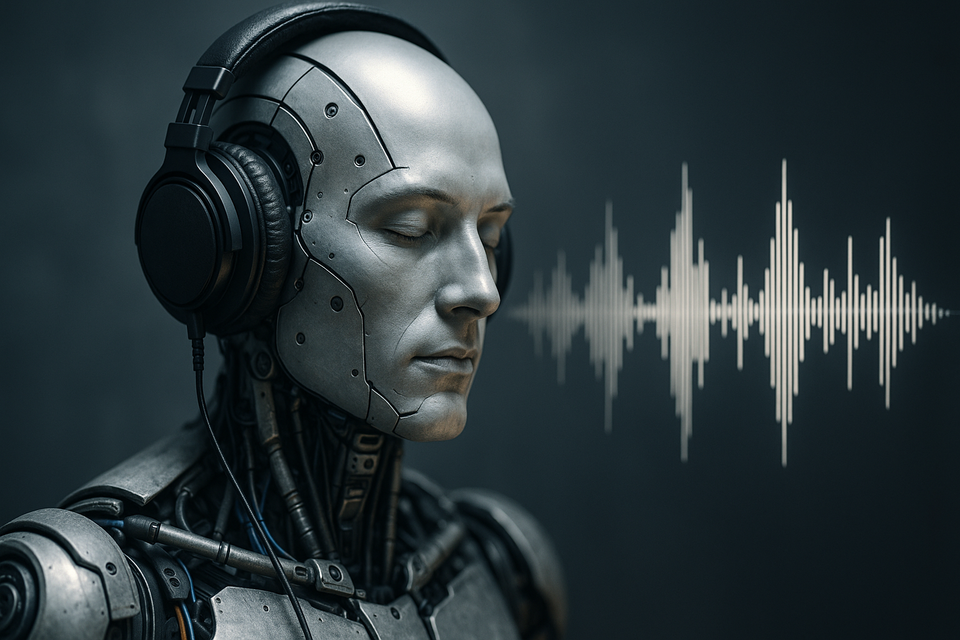AI-Generated Music: Legal Landscape, Opportunities, and Challenges for Labels and Artists

The rapid development of Artificial Intelligence (AI) has revolutionized the music industry. AI-generated music opens up new creative possibilities but also brings legal and practical challenges. In this article, we will explore the current legal landscape, the pros and cons, and the difficulties that labels and artists face in this evolving area.
The Current Legal Landscape of AI-Generated Music
The legal situation surrounding AI-generated music is complex and varies by country. However, some key topics are consistently under discussion:
- Copyright:
- In many countries, only a natural person can claim copyright for a work. Fully AI-generated music without human involvement often falls into a legal gray area.
- When humans use AI as a tool and make creative decisions, they can usually be considered the authors.
- Licensing and Rights Clearance:
- If AI models are trained using copyrighted works, it raises the question of whether this constitutes copyright infringement.
- In the EU, this is partially addressed by the "Text and Data Mining" regulations, which allow the use of copyrighted content for AI training under specific conditions.
- Protection for Artists and Labels:
- There is growing demand for clear regulations to prevent misuse of AI-generated content, such as copying styles or voices of artists without their consent.
Advantages of AI-Generated Music
- Creative Diversity:
- AI can help artists and labels discover new sounds and genres that were previously unimaginable.
- It serves as a tool to accelerate and enhance creative processes.
- Cost Efficiency:
- Producing music with AI can be more affordable, requiring fewer resources for musicians, producers, and studios.
- Personalization:
- AI can create tailored music for specific audiences or applications (e.g., background music for apps, games, or advertisements).
- Innovation in the Music Industry:
- Labels can tap into new revenue streams through AI-generated music, especially in areas like gaming or virtual worlds.
Disadvantages and Challenges
- Legal Uncertainties:
- The aforementioned gray areas in copyright law can lead to disputes and legal risks.
- Quality Control:
- While AI-generated music can be technically impressive, it often lacks the emotional depth and authenticity that human artists bring.
- Ethics and Originality:
- There is a risk that AI could undermine the creative value of human artists.
- Labels might face criticism if they prioritize AI-generated music over human talent.
- Misuse and Plagiarism:
- AI can be used to replicate copyrighted works or imitate artists without their approval.
- Market Saturation:
- The ease of creating AI-generated music could flood the market, making it harder to identify high-quality works.
Challenges for Labels and Artists
- Rights Clearance and Compliance:
- Labels must ensure that AI-generated works are legally secure to avoid future disputes.
- Positioning and Branding:
- Artists need to clearly position themselves: Do they use AI as a tool, or do they rely solely on human creativity?
- Labels must strategically decide how to integrate AI music into their portfolios without neglecting existing artists.
- Technology and Integration:
- Using AI requires technical expertise and investments in the right tools.
- Fan Acceptance:
- Many music fans value the authenticity and emotions of human artists. AI music might face rejection if perceived as "artificial."
Conclusion
AI-generated music undoubtedly offers exciting possibilities but also presents significant legal, ethical, and practical challenges for labels and artists. It is crucial for the music industry to establish clear regulations that protect the creative value of artists while leveraging the benefits of technology. Labels and artists should view AI as a tool that complements human creativity rather than replacing it.
NexaTunes – structured support for independent releases.
Get in touch for more information using our livechat
